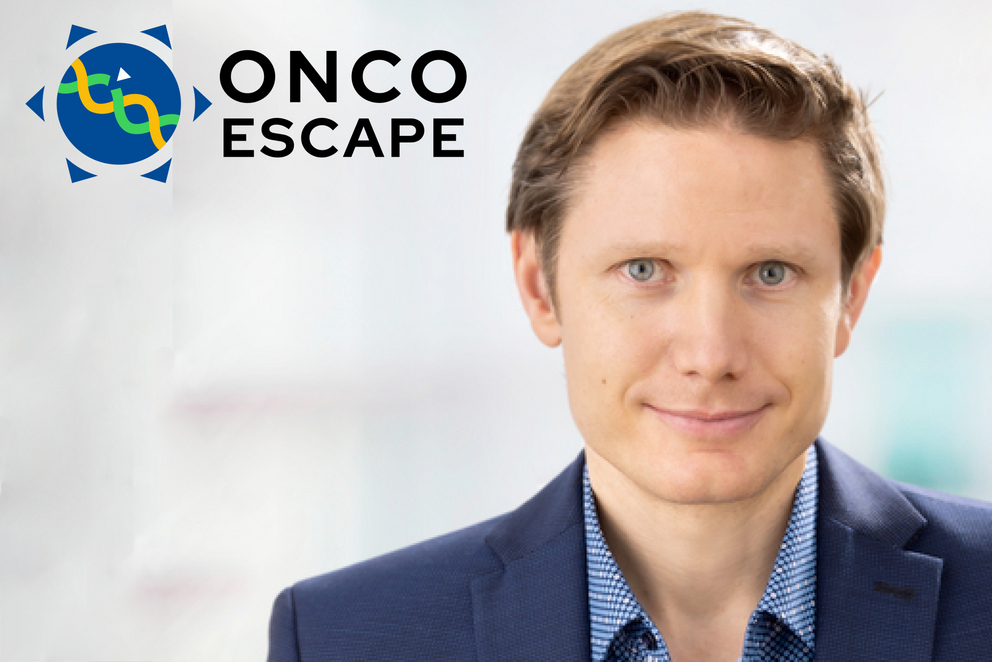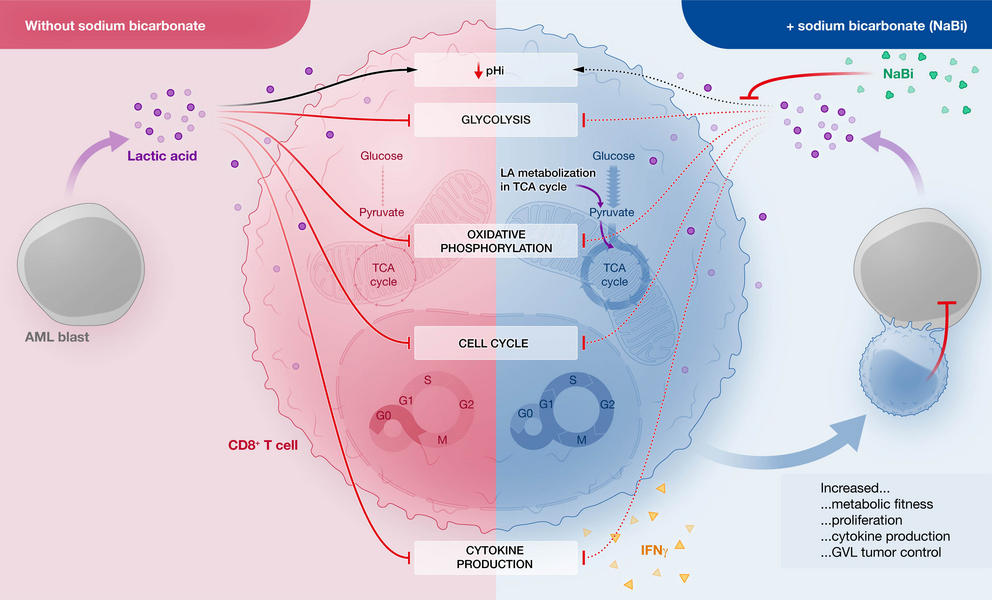The German Research Foundation (DFG) will begin providing support for the collaborative research center collaborative research centers (Sonderforschungsbereich, SFB), CRC 1479 “OncoEscape – Oncogenically Driven Immune Escape” on 1 July 2021. The CRC is receiving almost eleven million euros for an initial four years. The researchers aim to investigate how certain genetic characteristics first contribute to the formation of tumor cells and later to their escape from the immune system. Improved understanding of what is known as immune escape is particularly important and essential for developing treatments for advanced cancers. The coordinator of the CRC is Prof. Dr. Robert Zeiser, Head of the Tumor Immunology and Immune Modulation Section of the Department of Medicine I at the University Medical Center Freiburg and Researcher at the cluster of excellence CIBSS – Centre for Integrative Biological Signalling Studies at the University of Freiburg. The research groups taking part in the project belong to the University Medical Center Freiburg, the University of Freiburg, the Max Planck Institute of Immunobiology and Epigenetics in Freiburg, the German. Cancer Research Center in Heidelberg, and the Georg- Speyer-Haus in Frankfurt.


Eleven Million Euros for Researching New Types of Cancer Treatment
German Research Foundation approves collaborative research center “OncoEscape” – nine CIBSS researcher involved

Foto: Jürgen Gocke
“Our immune system is the most important weapon in the fight against cancer. In the new collaborative research center, our objective is to understand how tumor cells succeed in escaping the immune system – and how this can be prevented. I’m very optimistic, that with this knowledge, new, sustainably effective cancer therapies can be developed,” says Zeiser.
At CIBSS, Zeiser is researching further ways to boost the immune system's ability to fight cancer. In his project, he is looking for active substances that stimulate the metabolism and performance of immune cells, thus arming them against a common weakness of immunotherapies: the immune cells are quickly exhausted.
In addition to Robert Zeiser, other CIBSS members are involved in the new collaborative research center: Prof. Dr. Dr. Bertram Bengsch, Dr. Nina Cabezas-Wallscheid, Prof. Dr. Olaf Groß, Jun. Prof. Dr. Katrin Kierdorf, Prof. Dr. Anna Köttgen, PD Dr. Susana Minguet, Prof. Dr. Marco Prinz, as well as Prof. Dr. Natalie Köhler - the new CIBSS tenure-track professor for Precision Targeting of Signaling Pathways.

Graphik: Robert Zeiser



